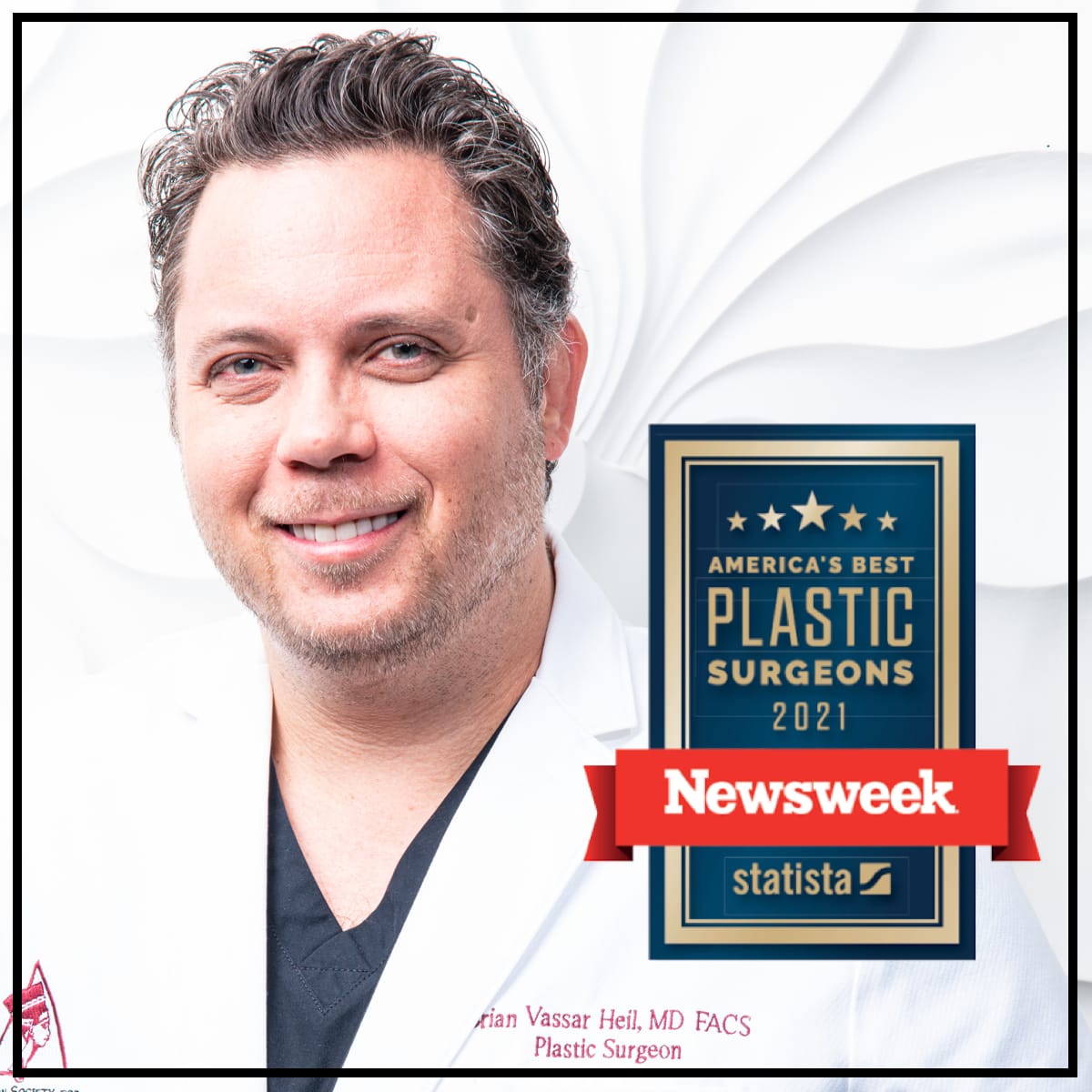When Does Plastic Surgery Go Too Far?
Plastic surgery continues to gain popularity all around the world, and factors such as celebrity influence, shifting societal norms, and an increased accessibility and affordability could be some of the key contributors. While many people who seek cosmetic surgery procedures do so for all the right reasons and, as a result, are highly satisfied with their enhanced appearance, there are outliers who seem to take plastic surgery too far. So the question becomes: is there a limit to what cosmetic surgery can (and should) do, and what makes a candidate “right” for any of these procedures?
Rib Removal to Decrease Waist Size?
One Sweden-born woman, Pixee Fox, has spent over $120,000 on cosmetic surgeries, including having six ribs removed, in the hopes of looking like her favorite cartoon characters. While this surgery certainly isn’t popular–in fact, Fox states that she had a hard time actually finding a plastic surgeon who would perform the cosmetic rib removal–it does seem to raise questions as to when plastic surgery might be too much. So far, Fox has had a nose job, eyelid surgery, a brow lift, cheek fillers, lip fillers, four breast surgeries, a Brazilian butt lift, permanent makeup, and the rib removal.
While Fox is certainly an extreme case in the world of cosmetic surgery, there are a few criteria that everyone should consider when thinking about even those most common procedures.
1. Maintain Realistic Expectations
When considering plastic surgery procedures like breast augmentation, rhinoplasty, butt lift, or others, an important aspect of your decision is whether or not you feel that you have a realistic view of the expected results. Studies have shown that men and women who undergo cosmetic surgery procedures have the best satisfaction rates when they’ve maintained realistic expectations throughout the entire process (Plastic and Reconstructive Surgery).
2. Know the Limitations of the Procedure
Along with having a realistic view of your expected results, it’s also crucial that you understand exactly what any given procedure can and cannot do. While a breast augmentation, for example, can certainly address aesthetic concerns associated with breast asymmetry and size, it shouldn’t be thought of as a magic solution to underlying body image issues. Remember that plastic surgery is meant to enhance your body’s natural assets, not to cover them or alter them entirely.
3. Have a Good Psychological Outlook
While Pixee Fox may be an extreme case, this could be an example of a situation in which the desire to look like somebody else, rather than an enhanced version of yourself, skews one’s perception of reality. Most reputable plastic surgeons will advise against performing cosmetic surgeries on those who appear to show signs of body dysmorphic disorder, a psychological condition characterized by an unhealthy obsession with one’s body composition (Anxiety and Depression Association of America).
Although research shows that cosmetic surgery does, in many cases, improve an individual’s quality of and outlook on life, those with the highest happiness and overall satisfaction scores were those men and women who had realistic expectations and a healthy psychological assessment prior to their procedure (The American Society for Aesthetic Plastic Surgery, Plastic and Reconstructive Surgery).
The Bottom Line
Cosmetic surgery has been able to help thousands of men and women each year feel better about and more confident in themselves. There’s plenty of evidence to suggest that these procedures can have a positive impact on people’s lives and overall happiness. However, not everyone is a good candidate for every procedure, so it’s important to consult a reputable board-certified plastic surgeon to discuss your options and candidacy for cosmetic surgery.
Board-certified plastic surgeon Dr. Brian Heil of Premier Plastic Surgery & Dermatology is one of the area’s top plastic surgeons, and is dedicated to providing only high-quality results in Pittsburgh and Wexford for properly prepared candidates. For more information on the procedure you’re considering, or to schedule a consultation with Dr. Heil, please contact us at 724-264-3608.







